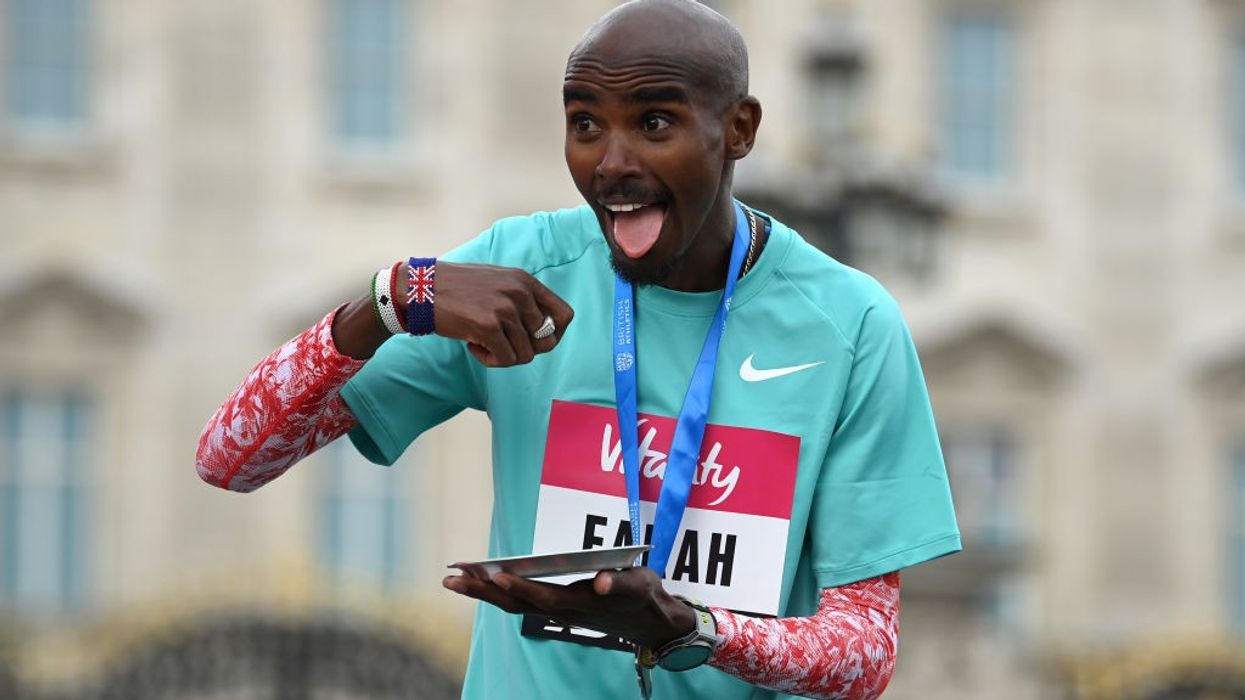BRITISH athlete Sir Mo Farah has revealed that he was a victim of human trafficking as a child. The six-time world outdoor champion said even the name that appears in the record books is wrong. He is Hussein Abdi Kahin.
It will be interesting to know what will happen to a trafficked child in the UK now after numerous changes in immigration laws after Mo Farah's arrival in the UK.
The Nationality and Borders Act seeks to make it easier to criminalise people reaching the UK irregularly and make it harder for them to stay in Britain.
The act puts new time limits on trafficking victims to provide the government with information supporting any claim for the protection needed to stay in the UK, The Independent reported. Most trafficked children leave to remain in the UK under a procedure designed for child asylum seekers.
The UASC (unaccompanied asylum-seeking child) leave, which normally applies to under-18s who have been refused refugee status, grants leave to remain in the UK for 30 months or until they turn 17 and a half, whichever is shorter.
They must then apply for either an extension or if they have legally become adults, another type of permission to stay in the UK.
A Home Office spokesperson revealed that 90 per cent of unaccompanied asylum-seeking children were granted leave at the initial decision stage last year.
Would a trafficked child be sent to Rwanda?
According to the report, a child who arrived in the UK would not be considered for the Rwanda scheme. Even if they apply for asylum, they would still not be shifted to Rwanda because the policy targets Channel small boat crossings.
What will be the fate of trafficked children?
Their treatment depends significantly on when they are recognised as victims of trafficking, and what proof they have.
Zoe Bantleman, legal director of the Immigration Law Practitioners’ Association (ILPA), has said that many child victims are not apprehended at the point they are brought into the UK and can “remain hidden” for years.
“If he had been apprehended before obtaining British citizenship, and it was realised that he had not been granted legal status in the UK, he would need to navigate the UK’s complex asylum, humanitarian protection, modern slavery and immigration laws.
However, many lack access to legal advice to bail them out of such exploitative situations.
Therefore, the government plans to grant free legal advice to potential trafficking victims but several conditions must be met for access to that scheme.
Can citizenship be removed from people using false documents?
Government guidance states that a person’s British nationality can be removed if they have given false information on their identity.
“If the person was a child at the time the fraud, false representation or concealment of material fact was perpetrated, the caseworker should assume that they were not complicit in any deception by their parent or guardian," the law says.
Modern slavery processes in the UK
The National Referral Mechanism (NRM) is a framework for identifying and referring potential victims of modern slavery.
It is intended to protect people who are victims of human trafficking, slavery, servitude and forced or compulsory labour.
If the NRM confirms that someone is a victim of slavery, the government can choose to grant them discretionary leave to remain in the UK.





